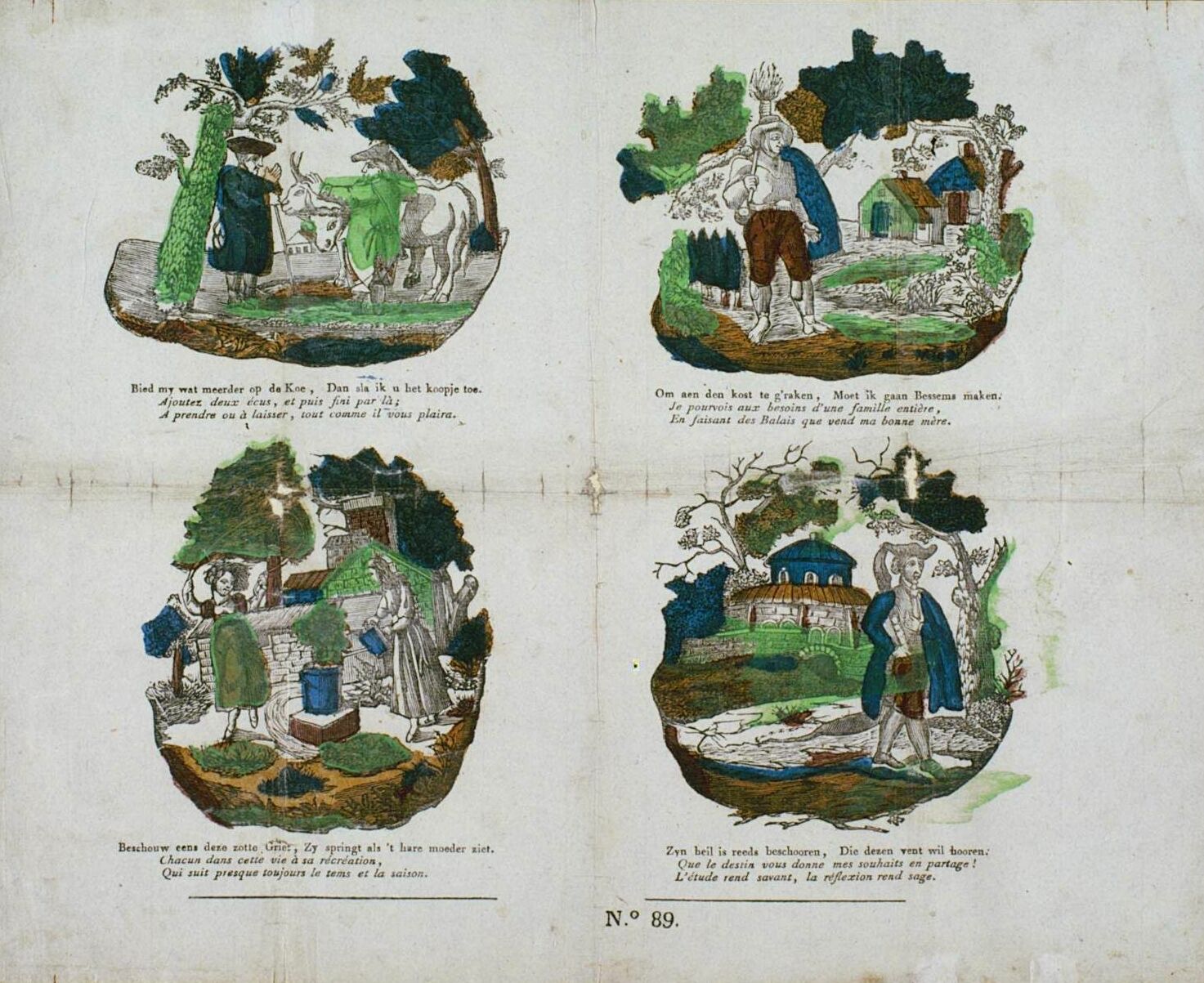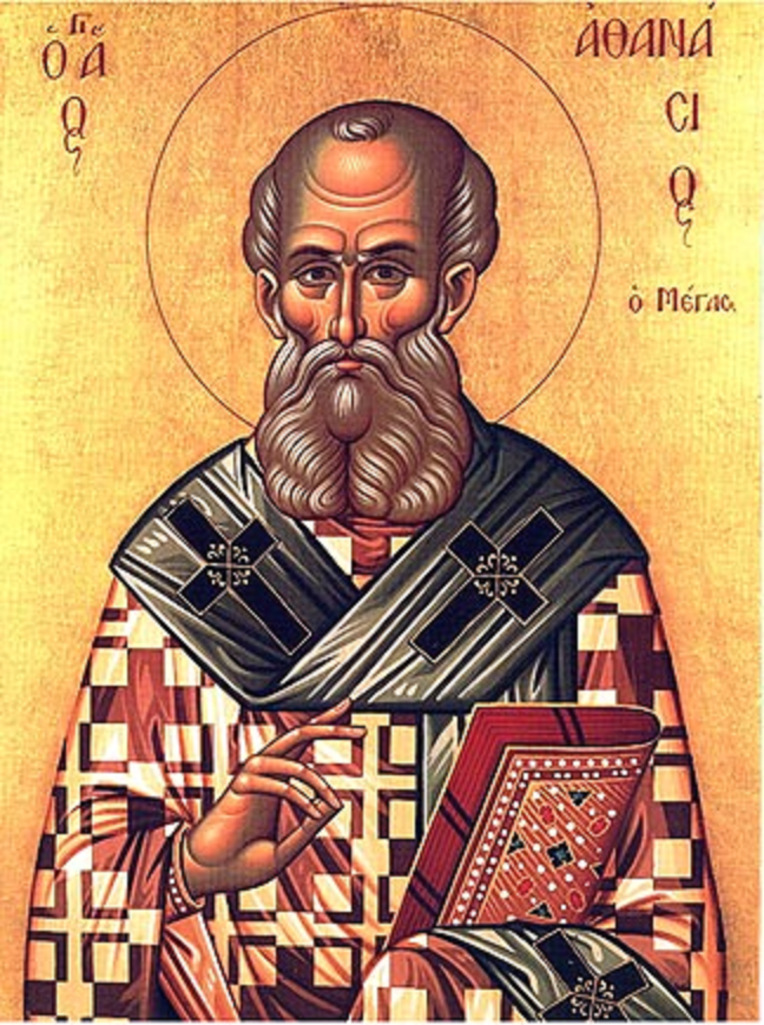|
Apringius
Apringius of Beja was a sixth-century Latin Church Father who wrote a commentary on the Book of Revelation. Only fragments of his commentary survive.M.L.W. Laistner, ''Thought and Letters in Western Europe: A.D. 500 to 900'', second edition (Ithaca: Cornell University, 1957), p. 116 See also * List of Church Fathers Notes Further reading * Apringio de Beja. ''Comentario al Apocalipsis de Apringio de Beja''. Ed. Alberto del Campo Hernández. Institución San Jerónimo 25. EstellaEditorial Verbo Divino, 1991. * Gryson, Roger (ed.). ''Commentaria minora in Apocalypsin Johannis''. Corpus Christianorum, Series Latina 107. Turnhout: Brepols, 2003. * Weinrich, William C. (ed.). ''Revelation''. Ancient Christian Commentary on Scripture 12. Downers Grove, Illinois: InterVarsity Press Founded in 1947, InterVarsity Press (IVP) is an American publisher of Christian books located in Westmont, Illinois. IVP focuses on publishing Christian books that speak to important cultural ... [...More Info...] [...Related Items...] OR: [Wikipedia] [Google] [Baidu] |
List Of Church Fathers
The following is a list of Christian Church Fathers. Roman Catholics generally regard the Patristic period to have closed with the death of John of Damascus, a Doctor of the Church, in 749. However, Orthodox Christians believe that the Patristic period is ongoing. Therefore, the list is split into two tables. Until John of Damascus After John of Damascus See also * ''Ante-Nicene Fathers (book)'' * Apostolic Fathers * Cappadocian Fathers * Church Fathers * Desert Fathers * Doctors of the Church * List of early Christian writers * ''Nicene and Post-Nicene Fathers'' * Patristics * Patrologia Graeca * Patrologia Latina * Patrologia Orientalis * Three Holy Hierarchs The Three Hierarchs ( grc, Οἱ Τρεῖς Ἱεράρχαι; ell, Οι Τρεις Ιεράρχες) of Eastern Christianity refers to Basil the Great (also known as Basil of Caesarea), Gregory the Theologian (also known as Gregory of Nazianz ... Notes and references External linksFathers of the Church (Ca ... [...More Info...] [...Related Items...] OR: [Wikipedia] [Google] [Baidu] |
Beja (Portugal)
Beja () is a city and a municipality in the Alentejo region, Portugal. The population in 2011 was 35,854, in an area of . The city proper had a population of 21,658 in 2001. The municipality is the capital of the Beja District. The present Mayor is Paulo Arsénio, elected by the Socialist Party with an absolute majority in the 2017 Portuguese Local Elections. The municipal holiday is Ascension Day. The Portuguese Air Force has an airbase in the area – the Air Base No. 11. History Situated on a hill, commanding a strategic position over the vast plains of the Baixo Alentejo, Beja was already an important place in antiquity. Already inhabited in Celtic times, the town was later named '' Pax Julia'' by Julius Caesar in 48 BCE, when he made peace with the Lusitanians. He raised the town to be the capital of the southernmost province of Lusitania (Santarém and Braga were the other capitals of the ''conventi''). During the reign of emperor Augustus the thriving town became Pax ... [...More Info...] [...Related Items...] OR: [Wikipedia] [Google] [Baidu] |
Church Father
The Church Fathers, Early Church Fathers, Christian Fathers, or Fathers of the Church were ancient and influential Christian theologians and writers who established the intellectual and doctrinal foundations of Christianity. The historical period in which they worked became known as the Patristic Era and spans approximately from the late 1st to mid-8th centuries, flourishing in particular during the 4th and 5th centuries, when Christianity was in the process of establishing itself as the state church of the Roman Empire. In traditional dogmatic theology, authors considered Church Fathers are treated as authoritative, and a somewhat restrictive definition is used. The academic field of patristics, the study of the Church Fathers, has extended the scope of the term, and there is no definitive list. Some, such as Origen and Tertullian, made major contributions to the development of later Christian theology, but certain elements of their teaching were later condemned. Great Fat ... [...More Info...] [...Related Items...] OR: [Wikipedia] [Google] [Baidu] |
Book Of Revelation
The Book of Revelation is the final book of the New Testament (and consequently the final book of the Christian Bible). Its title is derived from the first word of the Koine Greek text: , meaning "unveiling" or "revelation". The Book of Revelation is the only apocalyptic book in the New Testament canon. It occupies a central place in Christian eschatology. The author names himself as simply "John" in the text, but his precise identity remains a point of academic debate. Second-century Christian writers such as Papias of Hierapolis, Justin Martyr, Irenaeus, Melito of Sardis, Clement of Alexandria, and the author of the Muratorian fragment identify John the Apostle as the "John" of Revelation. Modern scholarship generally takes a different view, with many considering that nothing can be known about the author except that he was a Christian prophet. Modern theological scholars characterize the Book of Revelation's author as " John of Patmos". The bulk of tradition ... [...More Info...] [...Related Items...] OR: [Wikipedia] [Google] [Baidu] |
Estella - Lizarra
Estella ( Spanish) or Lizarra ( Basque) is a town located in the autonomous community of Navarre, in northern Spain. It lies south west of Pamplona, close to the border with La Rioja and Álava. The town was founded in 1090 when the place, lying by the fortified settlement of Lizarra, was granted a charter by the Pamplonese king Sancho Ramirez. The town became a landmark in the Way of St. James pilgrimage route to Santiago de Compostela, thriving on the privileged location and the melting pot of ''Francos'' called in by Navarrese kings (mainly Occitans from Auvergne and Limousin), Jews and the original Navarrese inhabitants. The wealth resulted in a development of Romanesque architecture, well represented in the town: Church of San Pedro de la Rúa, Palacio de los Reyes de Navarra, Church of San Miguel, among others. The town was long the headquarters of Don Carlos, who was proclaimed king here in 1833. It was a major headquarters of the Carlist party in the Carlist Wars ... [...More Info...] [...Related Items...] OR: [Wikipedia] [Google] [Baidu] |
Turnhout
Turnhout () is a Belgian municipality and city located in the Flemish province of Antwerp. The municipality comprises only the city of Turnhout proper. In 2021, Turnhout had a total population of 45,874. The total area is . The agglomeration, however, is much larger, accounting up to 81,473 inhabitants. Turnhout is known for its playing card industry, as it houses the head office of the world's largest manufacturer of playing cards, Cartamundi. Turnhout is also the capital of the administrative district with the same name. The Turnhout city council often promotes the city as "the capital of the Kempen area". This designation is entirely unofficial, since the Kempen area is far larger than the Turnhout district and does not form an administrative unit. Turnhout serves as the economic and cultural center for other communities in the immediate vicinity with more than 40 schools. There is also an important services sector with two hospitals, a two-stage theatre, an eight-screen cine ... [...More Info...] [...Related Items...] OR: [Wikipedia] [Google] [Baidu] |
Brepols
Brepols is a Belgian publishing house. Once, it was one of the largest printing companies in the world and one of the main employers in Turnhout (Belgium). Besides its printing business, Brepols is also active as a publisher. Formerly well known for its missals, the company is now better known for its specialization in historical studies and editions of classical authors, including the Corpus Christianorum. History In 1795, Pieter Corbeels, a printer from Leuven, moved to Turnhout together with his assistant Philippus Jacobus Brepols, possibly to flee the French army, which occupied Belgium at that time. Corbeels rapidly became the town printer, and he printed passports and pamphlets for the city of Turnhout. In the summer of 1798, Corbeels went to fight against the French as one of the leaders of the ‘’ Boerenkrijg’’. He was caught and executed. Because of Corbeels' fight against the French, his apprentice, Philippus Jacobus Brepols, had to take over responsibility ... [...More Info...] [...Related Items...] OR: [Wikipedia] [Google] [Baidu] |
Inter-Varsity Press
Inter-Varsity Press (IVP) was previously the publishing wing of Universities and Colleges Christian Fellowship. It support the publishing or distribution of well over one million books each year to over 150 countries, including the translation of titles into over 90 different languages. Following a UCCF-wide strategic review in 2005, IVP was divested. It was intended that this would reduce the financial burden on UCCF. By 2015, IVP was nearly insolvent. The trustees transferred its assets and liabilities to religious publisher SPCK, with an agreement to use the imprint for evangelical Christian publishing. History Foundation In 1877, the Cambridge Inter-collegiate Christian Union was created to encourage evangelical faith, and four years later, a sister organisation, the Oxford Inter-Collegiate Christian Union was founded. In 1919, members of these two unions gathered in London during an annual 'Inter-Varsity' sporting match. They decided to meet again and to encourage th ... [...More Info...] [...Related Items...] OR: [Wikipedia] [Google] [Baidu] |
Church Fathers
The Church Fathers, Early Church Fathers, Christian Fathers, or Fathers of the Church were ancient and influential Christian theologians and writers who established the intellectual and doctrinal foundations of Christianity. The historical period in which they worked became known as the Patristic Era and spans approximately from the late 1st to mid-8th centuries, flourishing in particular during the 4th and 5th centuries, when Christianity was in the process of establishing itself as the state church of the Roman Empire. In traditional dogmatic theology, authors considered Church Fathers are treated as authoritative, and a somewhat restrictive definition is used. The academic field of patristics, the study of the Church Fathers, has extended the scope of the term, and there is no definitive list. Some, such as Origen and Tertullian, made major contributions to the development of later Christian theology, but certain elements of their teaching were later condemned. Great Fa ... [...More Info...] [...Related Items...] OR: [Wikipedia] [Google] [Baidu] |
6th-century Latin Writers
The 6th century is the period from 501 through 600 in line with the Julian calendar. In the West, the century marks the end of Classical Antiquity and the beginning of the Middle Ages. The collapse of the Western Roman Empire late in the previous century left Europe fractured into many small Germanic kingdoms competing fiercely for land and wealth. From the upheaval the Franks rose to prominence and carved out a sizeable domain covering much of modern France and Germany. Meanwhile, the surviving Eastern Roman Empire began to expand under Emperor Justinian, who recaptured North Africa from the Vandals and attempted fully to recover Italy as well, in the hope of reinstating Roman control over the lands once ruled by the Western Roman Empire. In its second Golden Age, the Sassanid Empire reached the peak of its power under Khosrau I in the 6th century.Roberts, J: "History of the World.". Penguin, 1994. The classical Gupta Empire of Northern India, largely overrun by the Huna, ended i ... [...More Info...] [...Related Items...] OR: [Wikipedia] [Google] [Baidu] |






